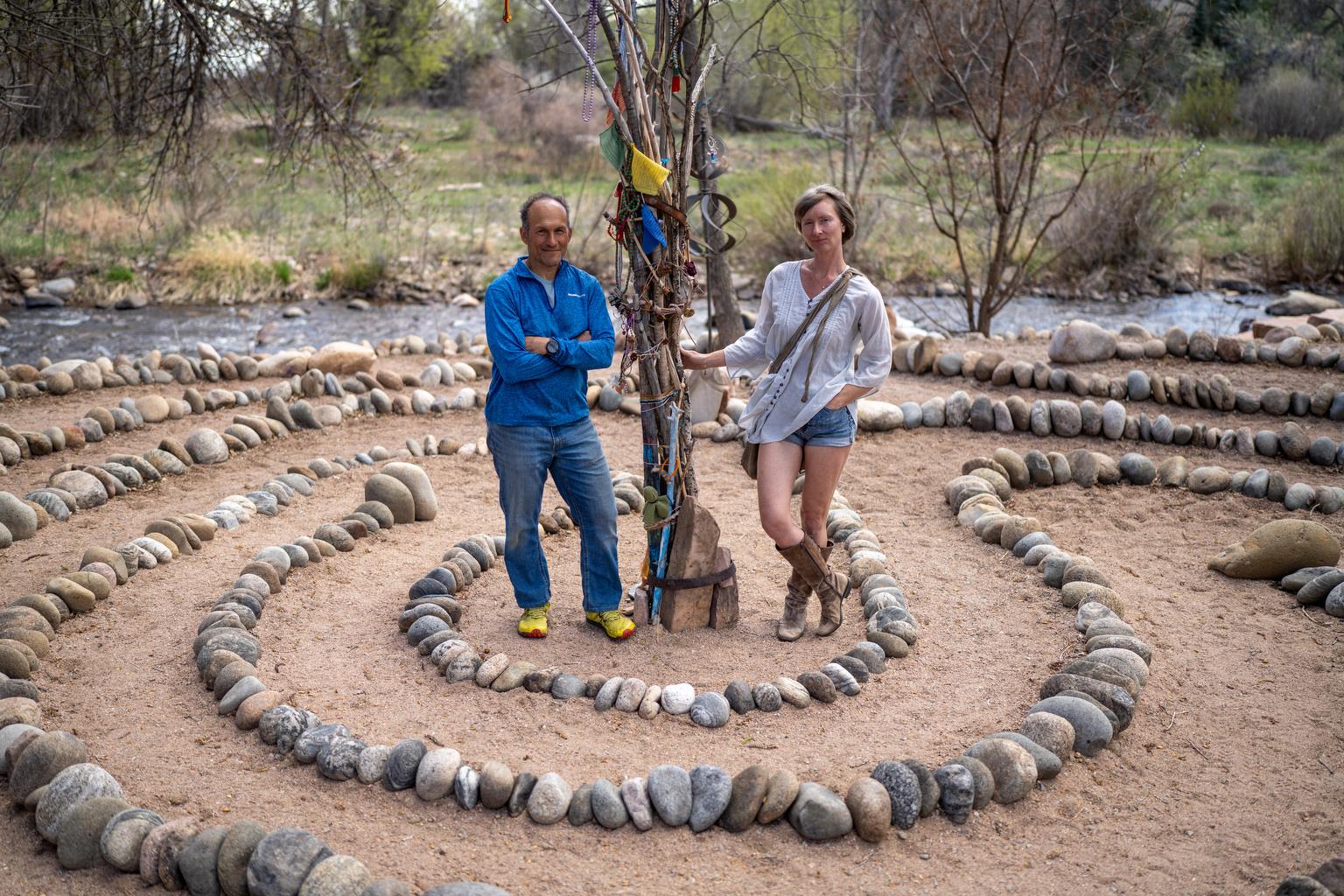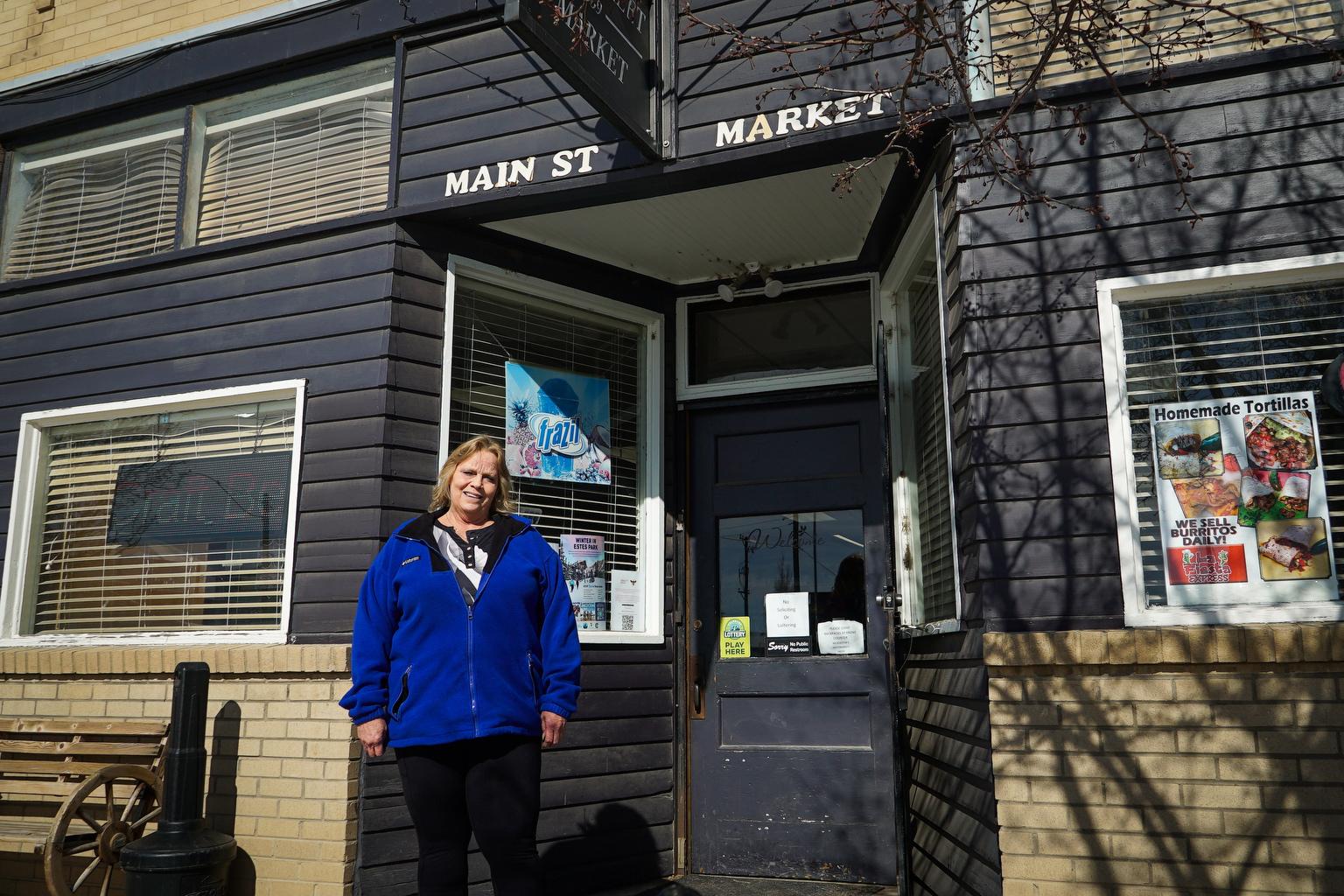Colorado prides itself on being the kind of state that attracts, and nurtures, adventurous souls. So maybe it’s no coincidence that CU and CSU send more graduates into the Peace Corps than almost any other universities. But it’s not just the state’s younger residents who serve overseas. When CPR’s Megan Verlee travelled to Ethiopia on a recent reporting fellowship, she met an older volunteer who’s hard at work.
The following is a transcript of Megan Verlee's report:
REPORTER: Keith Keyser’s lived in the Ethiopian city of Finote Salem for the past two years, but little kids still get excited when he roams their streets. Keyser’s an older man, retired from an IT career at Denver Water, and he handles their frantic attention with grandfatherly patience.
KEYSER: "It can be overwhelming. I know there are some volunteers that wind up not wanting to come out of their house because of it. It’s tough, it’s pretty tough to be a Peace Corps volunteer. You have to be pretty strong."
REPORTER: Plenty of people might think it’s too tough for a man pushing seventy, but Keyser sees his age as a perk.
KEYSER: "Some of the females have trouble with a lot of the men not respecting them, and some of the young men have trouble too, whereas I get a lot of respect because of my age."
REPORTER: Keyser never meant to wait this long to join the Peace Corps. In fact he was tempted almost as soon as John F. Kennedy announced the service fifty years ago. But he was also a young father with a lot of responsibilities. After retirement, the temptation returned.
KEYSER: "One day it just dawned on me: I’m free, I have no commitments, it’s time to do the Peace Corps. It is something I had always wanted to do and just hadn’t had the freedom to do it before, so."
REPORTER: And Keyser thinks all that waiting has actually improved both his experience, and his effectiveness. Technically, his Peace Corps assignment is to help people with AIDS, and he has, but he’s also helped start a community gardening project, programmed a hospital records database, and gotten dozens of people in town mental health treatment. Today he’s visiting a bookstore in the capital, trying to supply a new youth library.
KEYSER: (in bookstore) “I want the new revised curriculum, like this...” Clerk: “Revised?” KEYSER: “... for chemistry, mathematics.”
KEYSER: "I had no idea what I was going to do, or whether I would accomplish anything. And I was okay with that. I was okay with coming here totally believing I was going to have a great experience, whether I accomplished anything or not."
REPORTER: I asked Keyser if anything about living in Colorado prepared him for this experience. He said camping probably helped. Anyone who’s seen an Ethiopian toilet would agree with that. And then he came up with an unexpected metaphor:
KEYSER: "There were times when I was downhill skiing when you could just feel like you were right on the edge. It was pretty thrilling. And there’s no question that probably some of that leads you to take on this kind of experience where you don’t know what to expect, but you expect it to be great."
REPORTER: Keyser sold his house years ago. His last tie to the US is a post office box his son keeps an eye on in Utah. It’s starting to look like he might never go home.
KEYSER: "Quite honestly, if I go back to the States, what am I going to do? If I go back to the States, I’ll feel a little bit frivolous. Whereas here, there’s so much that needs to be done."
REPORTER: And Keyser intends to keep doing it. He’s just signed up to spend a third year in Ethiopia.
***
During Verlee's time in Ethiopia, she met two other Colorado Peace Corps volunteers, Bob and Nancy Sturtevant, from Fort Collins. After the story about Ken Keyser, you can hear the Sturtevants talking about the sounds that color life in Ethiopia.
Correction: This story originally misidentified Mr Keyser's first name as Ken.








